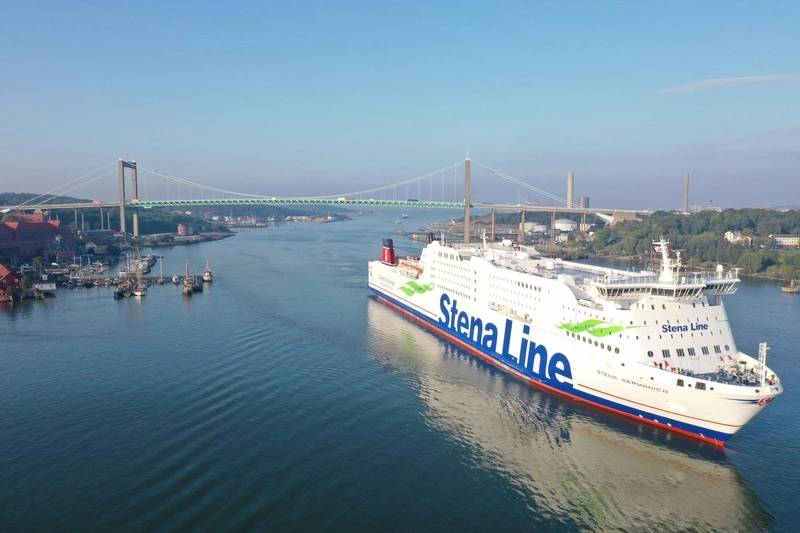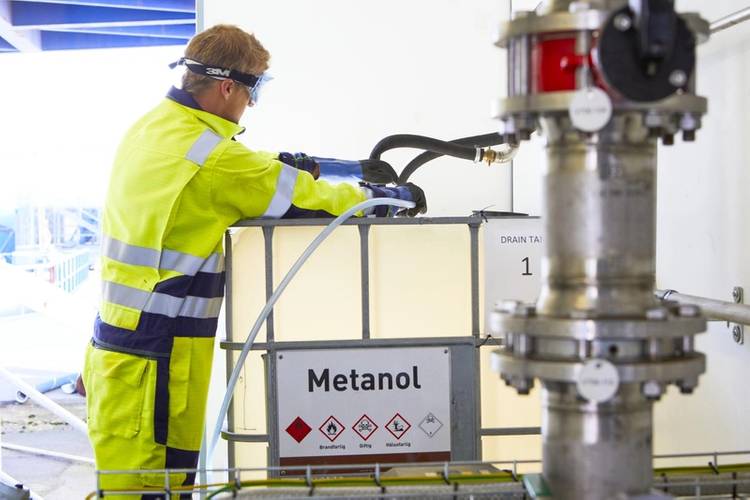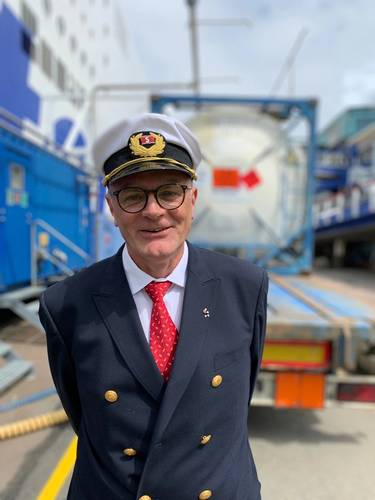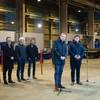Future Fuels: Stena Germanica makes run on 'Blue Methanol'
In 2015 Stena Line converted the 240-m Stena Germanica to become the world’s first methanol powered ferry. Fast forward six years and the Swedish ferry company has achieved another world first, powering Stena Germanica with methanol recycled from residual steel gases powering the ship this week on its trip from Sweden to Germany.
Dubbed ‘Blue Methanol’, the fuel is recycled from residual steel gases, a by product of the steel production industry and helps reduce the ferry’s reliance on diesel.
"It is exciting to be part of our sustainable journey and try out another new sustainable fuel. I can confirm that we sailed with the new fuel from Gothenburg to Kiel on June 22 and it worked very well,” says Peter Holm, Chief Engineer Stena Germanica.
While methanol is a fossil fuel, it is much cleaner than traditional marine fuel. Sulphur and particulates are reduced by 90% and nitrogen by 60%. The steel industry and the maritime sector are two of the world’s biggest emitters of CO2, accounting for 6-8% and 2.5% of all CO2 emissions respectively.
The FReSMe project, funded by H2020 EU program, aims to demonstrate the whole process that enables the CO2 captured from the steel industry to produce methanol fuel that will be used as fuel in the ship transportation sector.
Stena Line has 37 vessels operating on 37 ferry routes across Europe. The Swedish ferry company is also a leader in sustainable shipping and is currently 10 years ahead of the international maritime emission reduction targets. By 2030 the Company aim to reduce their total CO2 emissions by 30 %. An important key to success is to increase the use of alternative fuels, such as methanol, hydrogen, and battery power.
 In 2015 Stena Line converted the 240-m Stena Germanica to become the world’s first methanol powered ferry. Photographer: Stena Line
In 2015 Stena Line converted the 240-m Stena Germanica to become the world’s first methanol powered ferry. Photographer: Stena Line

















